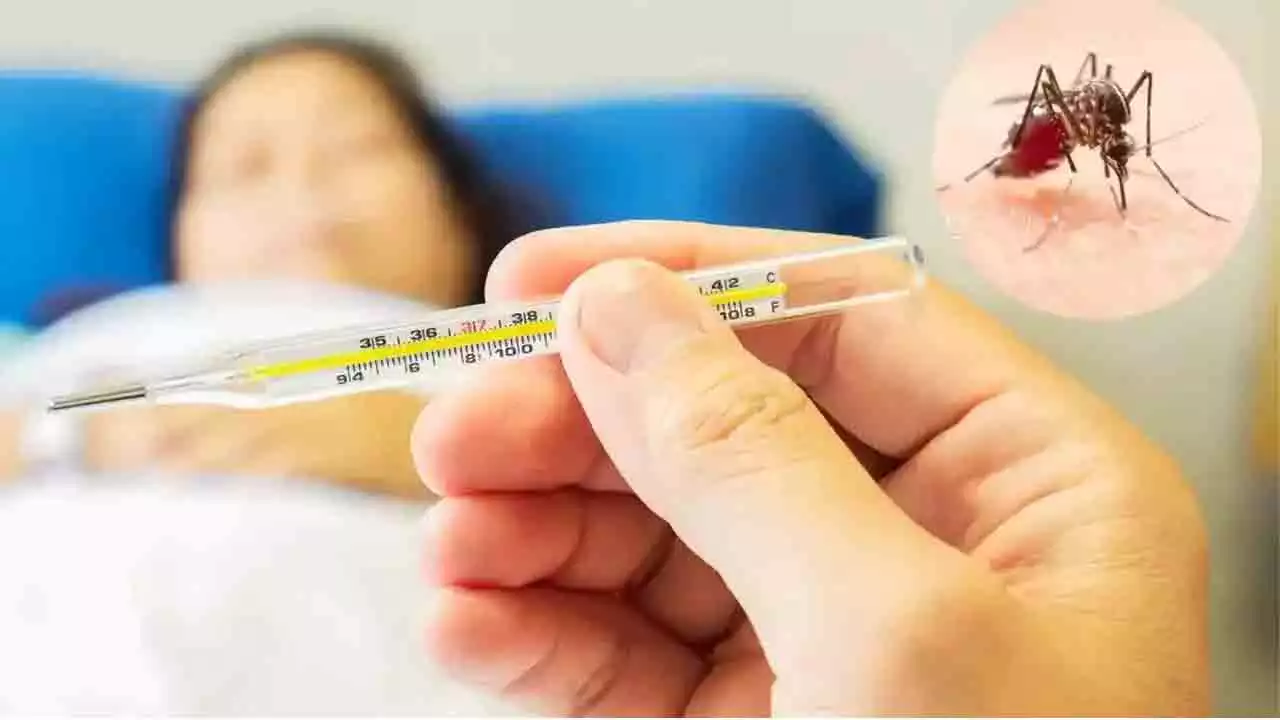The city of Lahore is witnessing a concerning increase in the growth of dengue larvae, with two new cases of dengue fever confirmed in the last 24 hours. This spike in dengue cases highlights the need for heightened awareness and preventive measures to combat the spread of the virus.
Current Situation in Lahore and Punjab
In addition to the new cases reported in Lahore, Punjab province has also seen a rise in dengue fever cases. Five more dengue patients were identified in the last 24 hours, bringing the total number of confirmed dengue cases in Lahore to 54 this year. This trend is alarming and underscores the importance of taking immediate and effective actions to control the outbreak.
Understanding Dengue Fever
Dengue fever is a mosquito-borne viral infection caused by the Aedes mosquito, particularly Aedes aegypti. The virus can cause severe flu-like symptoms, including high fever, severe headache, pain behind the eyes, joint and muscle pain, rash, and mild bleeding. In severe cases, it can lead to dengue hemorrhagic fever or dengue shock syndrome, both of which can be fatal.
Preventive Measures to Combat Dengue
To prevent the spread of dengue virus, it is crucial for residents to adopt comprehensive preventive measures. These measures include:
- Wearing Protective Clothing: Individuals should wear full-sleeved shirts and long pants that cover the entire leg. This reduces the skin exposure to mosquito bites, thereby lowering the risk of infection.
- Using Mosquito Repellents: Applying mosquito repellent sprays on clothes can provide an additional layer of protection against mosquito bites. It is important to use repellents that are effective against Aedes mosquitoes.
- Sleeping Under Mosquito Nets: In areas where mosquitoes are found in large numbers, using mosquito nets while sleeping is mandatory. This helps prevent mosquitoes from biting during the night.
- Eliminating Standing Water: Mosquitoes breed in standing water. Therefore, it is essential to remove any standing water in and around the house. This includes checking and emptying pots, flat tires, vases, and broken bottles. Regularly cleaning and covering water storage containers can also prevent mosquito breeding.
- Community Clean-Up Drives: Community participation in clean-up drives to remove stagnant water and ensure cleanliness can significantly reduce mosquito breeding sites. Local authorities should coordinate these efforts and educate residents about the importance of maintaining a clean environment.
- Dengue Vaccination: Getting vaccinated against dengue is another effective preventive measure. While the availability of the dengue vaccine may vary, it is advisable to consult healthcare providers for vaccination options, especially for those living in or traveling to high-risk areas.
Government and Health Authorities’ Role
Health authorities and the government play a critical role in controlling the dengue outbreak. Their responsibilities include:
- Regular Surveillance: Continuous monitoring and surveillance of mosquito populations and dengue cases help in identifying high-risk areas and implementing targeted interventions.
- Public Awareness Campaigns: Educating the public about dengue prevention through awareness campaigns can encourage communities to adopt preventive measures. These campaigns should utilize various media platforms to reach a wide audience.
- Fumigation Drives: Regular fumigation in areas with high mosquito density can help reduce the adult mosquito population. Authorities should ensure that fumigation is carried out effectively and safely.
- Provision of Medical Care: Ensuring that healthcare facilities are equipped to handle dengue cases is crucial. This includes having adequate medical supplies, trained healthcare personnel, and isolation wards for severe cases.
Community Involvement
The community’s role in preventing dengue cannot be overstated. Residents should actively participate in keeping their surroundings clean, report potential breeding sites, and cooperate with health authorities during fumigation and clean-up drives. Educating family members and neighbors about dengue prevention can also foster a collective effort to combat the outbreak.
The rise in dengue cases in Lahore and across Punjab is a cause for concern, necessitating immediate and concerted efforts to prevent further spread. By adopting preventive measures, raising awareness, and ensuring community and government involvement, it is possible to control the outbreak and protect public health. As residents take proactive steps and authorities implement strategic interventions, the fight against dengue can be strengthened, ultimately reducing the incidence and impact of this mosquito-borne disease.


